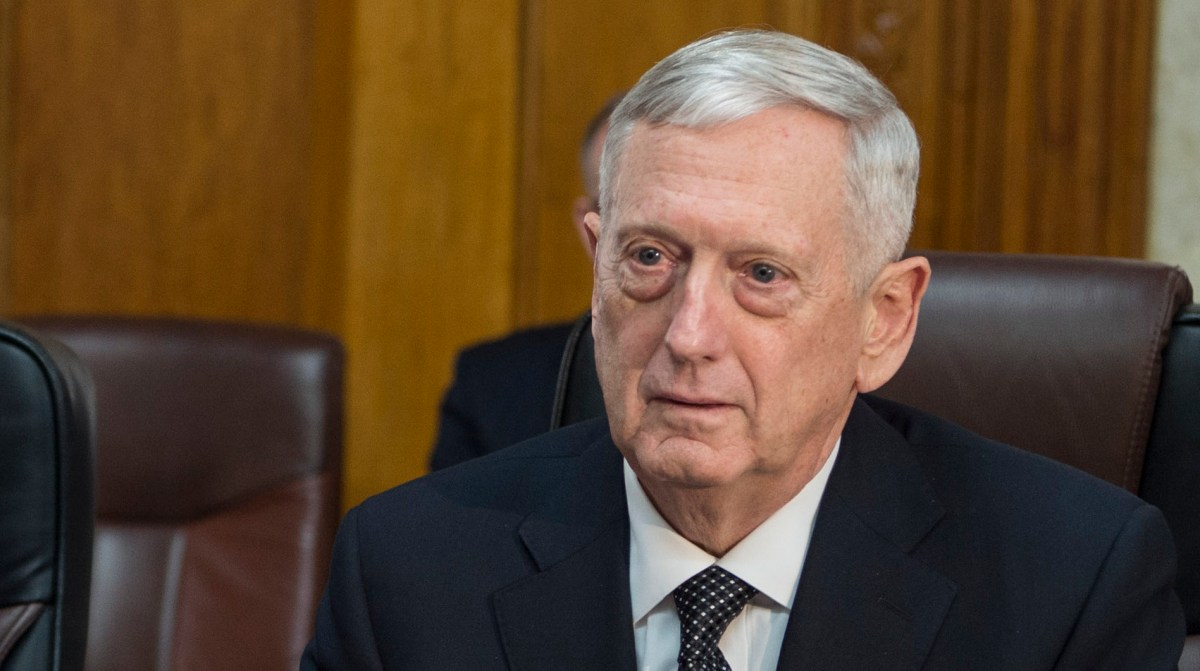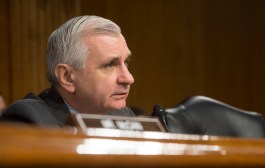Mattis looks to explore IT, cyber consolidation

President Donald Trump’s new Defense secretary is looking for ways to consolidate across the department certain business activities, including information technology and cybersecurity.
Secretary James Mattis directed his deputy, in a Feb. 17 memo shared with FedScoop, to establish cross-functional teams to look for efficiencies across business functions such as human resource management; financial management; acquisition and contract management; and cybersecurity and information technology management.
The fiscal 2017 National Defense Authorization Act, Mattis says, tasks “the Department to conduct a thorough review of how we conduct our business operations with an eye toward becoming more effective and efficient.” And the review will further past work the deputy and others have done, Mattis writes.
“I find the work done by you, the Deputy Chief Management Officer and Chief Information Officer staffs in 2014-2015 to be a good place to start,” Mattis’ memo says. “You highlighted potential savings to be had by consolidating work in several discrete lines of business.”
Mattis told his deputy, Bob Work, to let him know by the end of February of any other areas or tasks he would undertake, and to “be prepared to bring decisions forward for consideration in the FY 2019 program cycle.”
The memo was one of two Mattis issued Feb. 17. The other concerns structural reforms mandated by the National Defense Authorization Act, including developing an implementation plan for splitting up the office of Acquisition, Technology and Logistics. That plan has to include “a recommendation on the designation of a Chief Innovation Officer, options for the treatment of innovation organizations,” and should enable the department rapidly acquire capabilities.
The second memo also directs the development of a plan “for more optimized organizational structure and processes to support information management and cyber operations, considering the impact of the provisions of the NDAA for 2017 concerning the establishment of U.S. Cyber Command, and other relevant laws.”
The fiscal 2017 NDAA calls for elevating Cyber Command to a unified combatant command, something many have advocated for, including a bipartisan group of senators.
But the act carries a notable provision that would delay a separation of the NSA director’s “dual hat” status as the leader for both the NSA and Cyber Command until the secretary of Defense and chairman of the Joint Chiefs of Staff certify to Congress they carried out a full assessment of the arrangement.
Mattis gave a deadline of Feb. 27 for everything asked for in the second memo.






